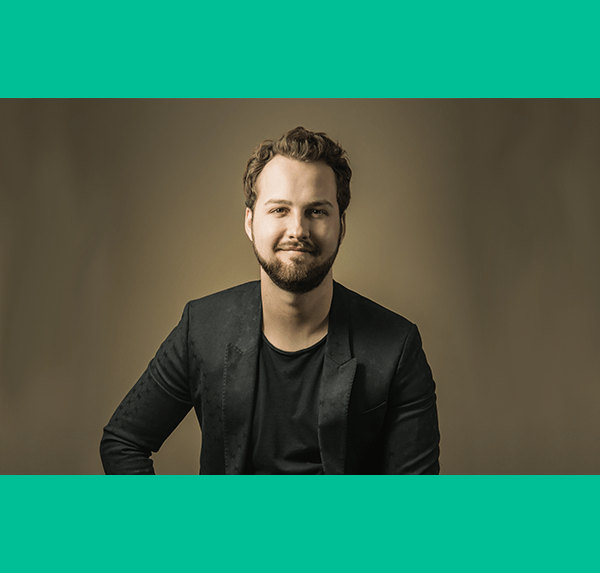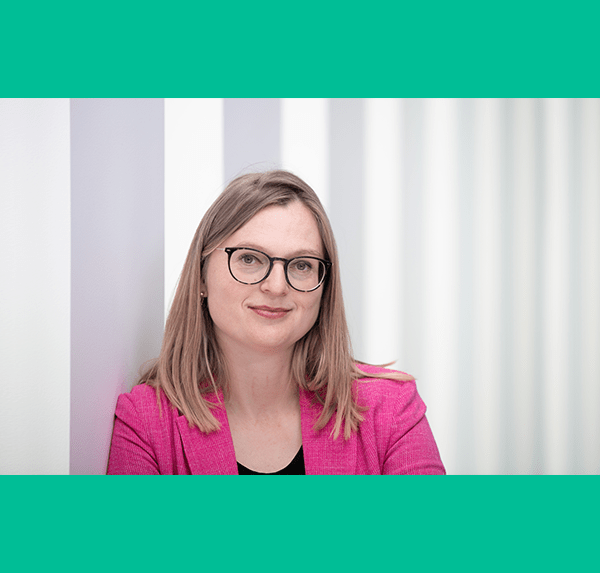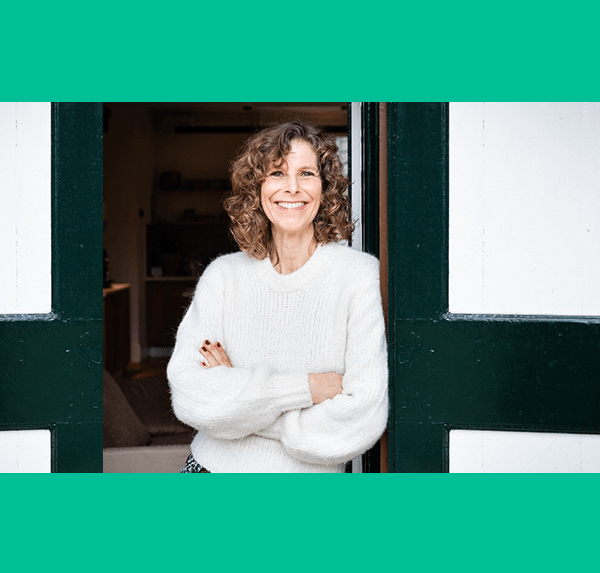EU Alumnus, Bart Van Straten, Managing Director of Van Straten Medical on Circular Economy and Innovating the Family Business
Bart’s personal mission is to promote a circular economy, with his dream being to reduce waste and find a way to reprocess it into raw materials.
Originally from the Netherlands, Bart studied a bachelor’s degree and MBA at EU. After graduating, he decided to go into his family business, Van Straten Medical, a company that repairs medical instruments. Over the years, the company has developed its business model and become a strong and innovative advocate for reducing medical waste.
One of Bart’s passions is flying. He received his professional pilot’s license in the year 2000 and, for a few years, worked as a part-time pilot for a small charter company. Currently, Bart is doing a PhD in Biomechanical Engineering at Delft University of Technology, which he combines with the research he’s doing at Van Straten Medical.
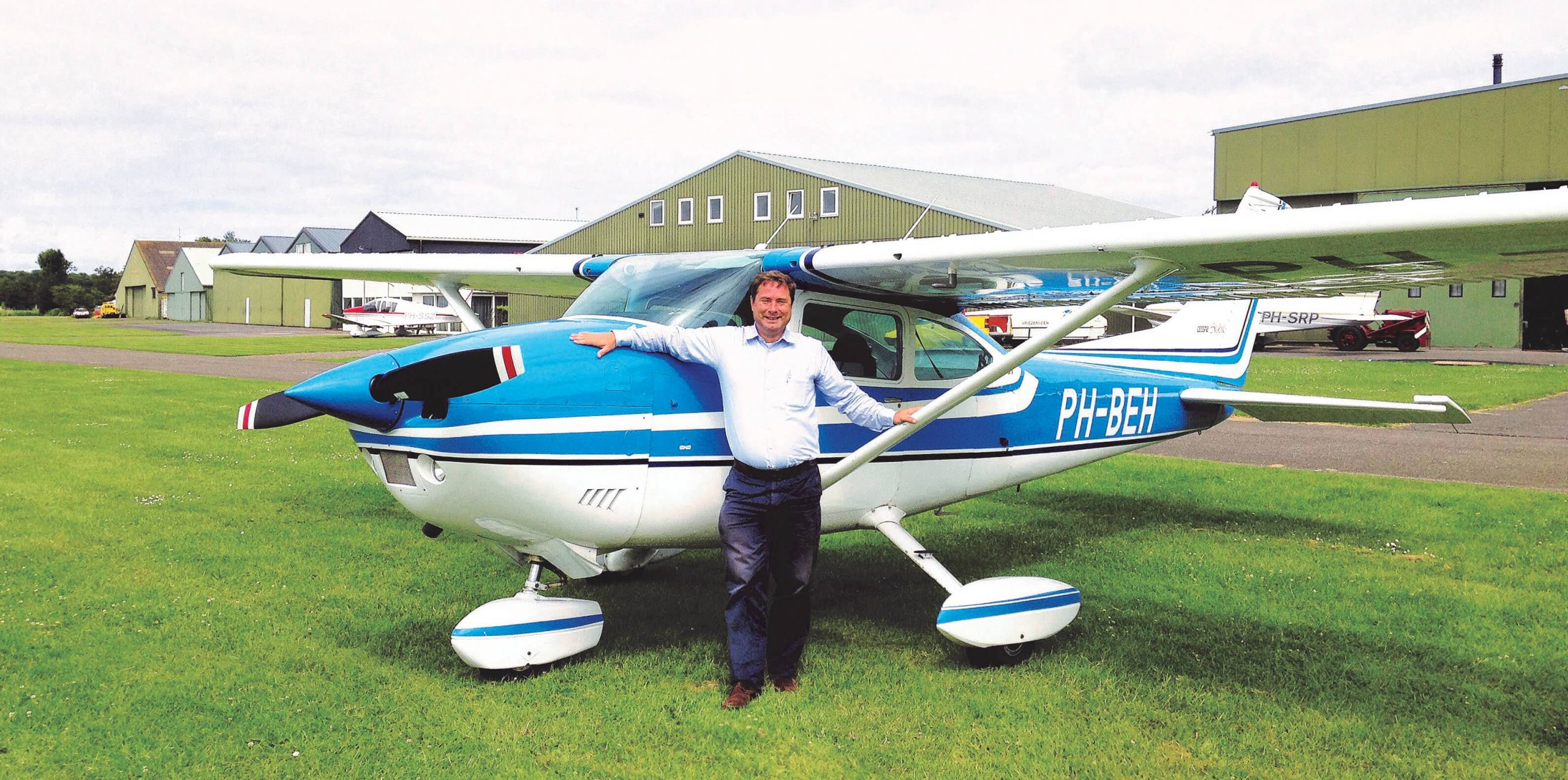

We were curious to hear more about Bart’s innovative business model and approach to the circular economy.
What are the challenges for family businesses nowadays?
One of the challenges for a family business is getting the right people. When the economy is improving, there’s a lack of good personnel so it’s a real challenge to find the right people for the job, motivate them and keep them in the company.
The second thing every business has to do is actively innovate. If you don’t innovate, the chances of continuity are really limited.
Your sector is evolving very rapidly. How have you had to adapt your business?
Circumstances have changed a lot. There are new Product-as-a-Service business models, like Uber and rental companies, so that’s something we have to face.
We have changed our business 180º from a traditional, conventional buying-and-selling company to an innovative company which now focuses on circular products in line with circular economy, which I strongly believe in.
What is the circular economy?
In a linear economy, we use products and then we throw them away, which generates waste. In a circular economy, we pay for products per use and once they have been used, we don’t throw them away, but we use the material to see if we can make new products out of the same material. It goes farther than simply recycling, it’s a whole mentality to not use disposable products anymore. It’s not buy, use, throw away; it’s buy, use and reuse.
There are now about 7.7 billion people on Earth, and we need two Earths to accommodate our needs. Due to ours being a mass consumption society, we have a “throwaway” mentality. We use our natural resources so rapidly that the Earth is not able to produce enough for us to consume.
Are sustainability and environmental issues very important to your company?
Yes. So much so, we even changed our business model. We started with a company that had a surgical instrument repair department, which a couple of years ago was not as common as it is now. That department has grown so rapidly that we are starting to offer this service to other markets in and out of the EU. I think it is now about 40-50% of our turnover after only three to four years. We strongly believe that we should go to a full model of refurbishing and recycling surgical instruments worldwide.
On a personal level, I decided to start a PhD and do more scientific research to show why these kinds of models are so necessary. It’s great to have a company mission that you believe in. There are a lot of companies and organizations who have lovely mission statements, but if you really believe in your marketing, your team, and your mission, that makes a difference every day.
How important is an entrepreneurial mindset in today’s world?
The entrepreneurial mindset helps you to not be afraid of taking risks, and that’s very important because changing and innovating means that you have to do new things and not be scared to take action.
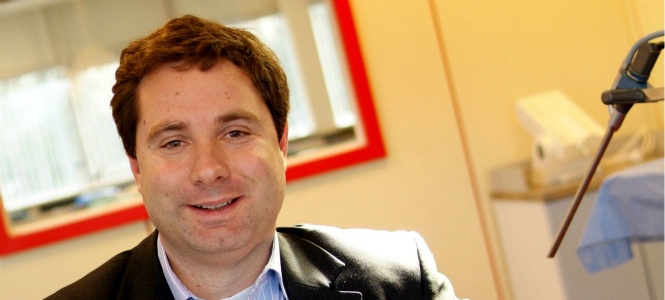

What helps you be open and adapt to these new ideas?
At the start of the product lifecycle, a lot of people will say it might not be possible or tell you to make sure you have a good business case. There’s probably so many people around you that could scare you off, but if you are really dedicated, believe in the product, and keep going, then you get to a point when you have a success ratio. Once you hit that, you have confirmation that you are on the right track. So, I think, especially at the beginning, it is important to have some courage to pursue your ideas.
We’ve got lots of young entrepreneurs out there. What advice would you give them if they want to start a company?
My advice to young start-ups, who are thinking of starting a new business or are just entering a business, is to not limit yourself and start making a good business case. Don’t make it too long and don’t stop in the phase when you are just finding evidence and putting ideas on paper. There is a point where you have to commit and say, “from this point on, I will put it into practice.” What I see around me are a lot of nice ideas, but they don’t enter the market because they aren’t being put into practice.
How would you say EU Business School helped you get on that career path?
EU Business School really helps in developing these ideas. Since the classes are very small, you are really close to the people around you. You are not sitting in a classroom of hundreds of students, so it generates a more interpersonal reaction, and those skills are so necessary in business. I think we underestimate how important these skills are in presenting yourself and persuading your potential customers. In a split second your customer will unconsciously determine if you’re reliable, if they want to buy from you, or if they want to speak to you again. EU Business School helps students develop those interpersonal and communication skills, which are so important.
You came to our Global Alumni Reunion. What benefits do you see from belonging to an alumni network?
EU has a huge alumni network, and they have very good social media campaigns, especially on LinkedIn and Facebook. I hear from other alumni who often check social media to see what’s happening. So, that’s really confirmation that we made the right decision to go to EU Business School.
It’s nice to keep track and get together for special reunions. You get out of your daily life and go to an alumni network meetup, which is not only socializing, but at the Global Alumni Reunion, there was also a conference where we could talk about leadership and hear different viewpoints. Also, the fact that there’s so many nationalities and generations who come together generates a nice event which is really valuable.









